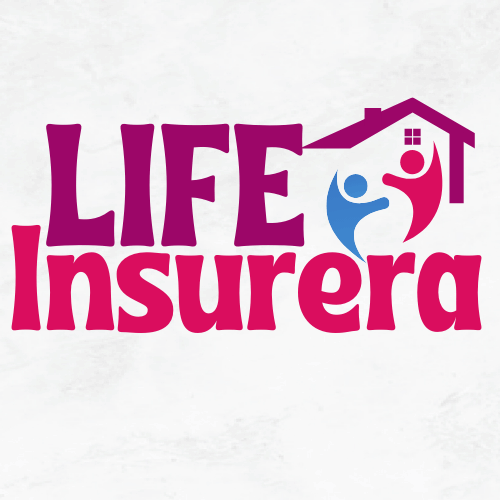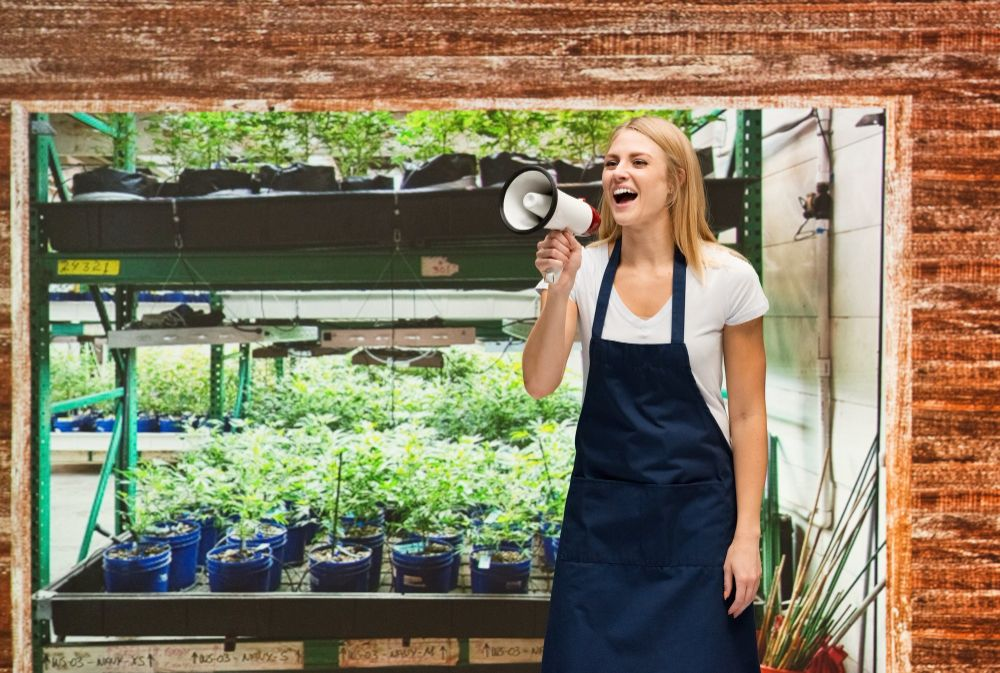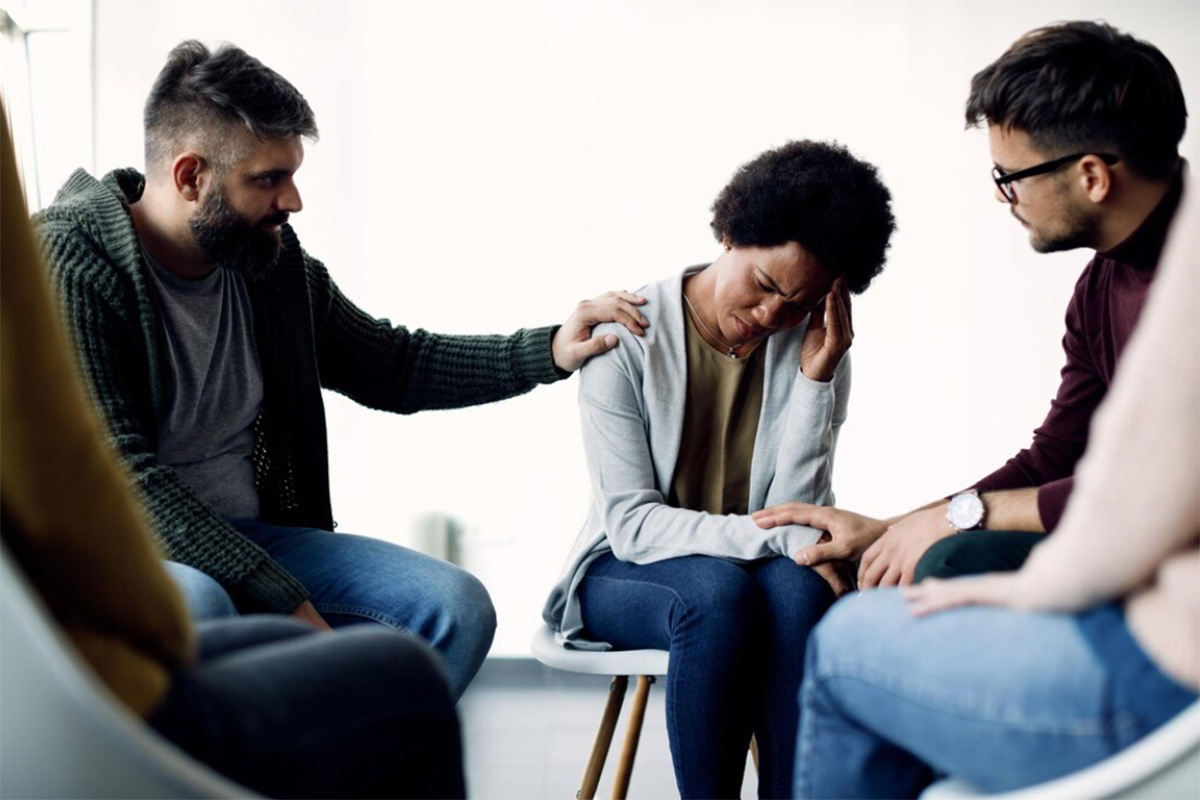The modern approach to health and wellness has expanded beyond traditional methods. People are exploring holistic lifestyles, mindful practices, and natural alternatives. Among these, cannabis has emerged as a notable option. Its influence on choices around relaxation, pain management, and mental clarity is becoming increasingly recognized. The rise of recreational dispensaries has made access simpler, shaping how individuals integrate cannabis into their wellness routines.
The Role of Recreational Marijuana Dispensary in Wellness
A recreational marijuana dispensary offers adults access to cannabis products for non-medical use. These dispensaries are carefully regulated and provide guidance on different strains and forms. From edibles to tinctures and flower, these outlets allow consumers to choose products that align with their health preferences. Regular visitors often report a greater understanding of dosage, effects, and safe use. Recreational Marijuana Dispensary is not just a point of sale—it becomes a resource for making informed wellness choices.
Influence on Mental Health Practices
Cannabis has shown potential in supporting mental health by reducing stress and promoting relaxation. Individuals turn to recreational dispensaries for products that help manage anxiety, improve sleep, or enhance mood. Staff at dispensaries often provide insights into strains that are uplifting or calming, helping consumers tailor their experiences. By integrating cannabis thoughtfully, many people report feeling more balanced and focused. Recreational marijuana dispensary guidance contributes significantly to these mental health strategies.
Impact on Physical Health Decisions
For physical wellness, cannabis is increasingly considered as a complementary option. Some users explore it for managing chronic pain or inflammation, often in consultation with healthcare professionals. Recreational dispensaries play a role by offering safe, lab-tested products and advice on administration methods. Whether it’s a topical cream or an edible, individuals gain the tools to incorporate cannabis responsibly. This support helps shape health decisions that prioritize safety while exploring natural alternatives.
Shaping Lifestyle and Daily Routines
Lifestyle choices evolve as recreational cannabis becomes part of wellness routines. Many users design morning or evening rituals around mindfulness and relaxation, sometimes incorporating low-dose cannabis. A recreational marijuana dispensary provides the education and product variety to make these routines effective and enjoyable. Its influence extends beyond consumption—it encourages users to think about timing, dosage, and balance in their daily habits.
Community and Social Wellness Impact
Dispensaries often foster a sense of community. Workshops, tastings, and wellness events create spaces for learning and sharing experiences. These gatherings promote social wellness, encouraging healthy connections and reducing stigma. People find support in discussing challenges, successes, and methods for integrating cannabis responsibly. The presence of a recreational marijuana dispensary helps normalize wellness conversations around cannabis in local communities.
Informed Decision-Making and Personal Responsibility
Access to accurate information is key to responsible use. Dispensaries educate customers about strain effects, potential interactions, and proper consumption techniques. This knowledge empowers individuals to make thoughtful choices that align with their health goals. By prioritizing education, a recreational marijuana dispensary encourages a balanced approach, where personal responsibility and wellness intersect seamlessly.
Conclusion
Recreational marijuana dispensaries are reshaping health and wellness landscapes. They provide access, education, and community, enabling individuals to integrate cannabis into their routines safely. From mental and physical health to lifestyle choices and social engagement, these dispensaries influence modern wellness in tangible ways. By offering guidance and responsible access, they empower users to make choices that support balance, well-being, and informed living.




